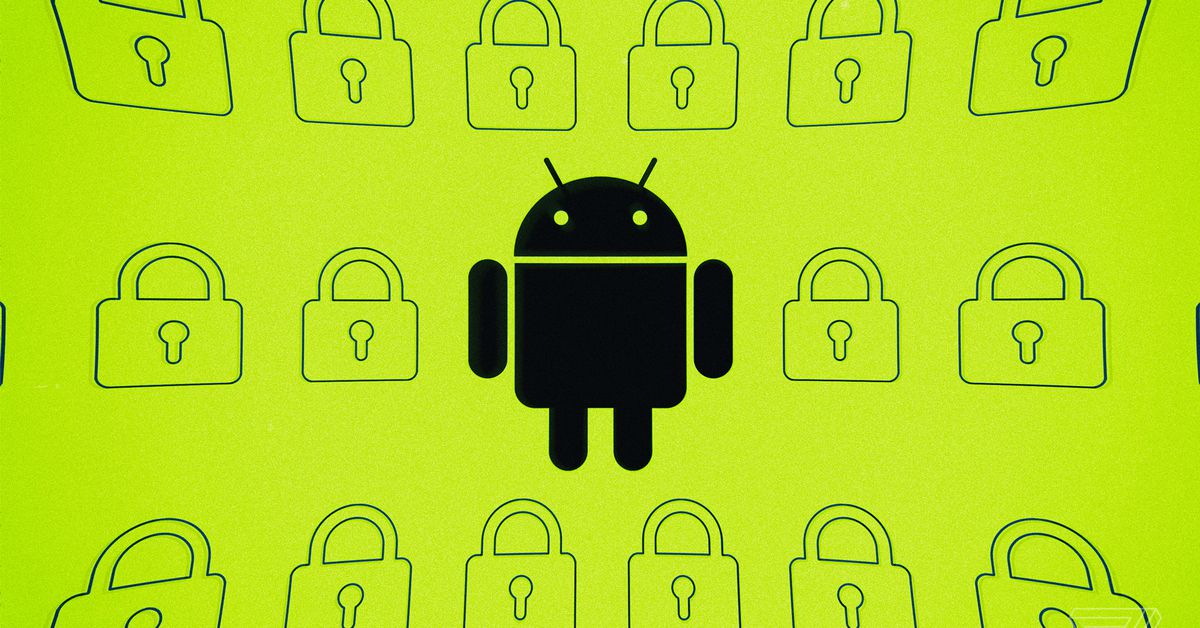
As part of a series policy changes, Google announced that sugar dating apps would not be permitted on the Android Play Store starting September 1. This change was reported first by Android Police. It specifically bans apps that relate to compensated sexual relationships. Google also announced a crackdown on inactive developer account.Sugar dating relationships are traditionally older, more wealthy individuals who date and give gifts to their younger partners. Android Police points out that there are many apps available on the Play Store for sugar daddy relationships. While none of these apps explicitly state that older men should compensate younger women for their affections, many others emphasize the wealth of those who use their services.Also, inactive developer accounts can be removedGoogle's Play Store policies prohibit apps that encourage sexual acts in return for compensation. However, the new wording explicitly includes compensated dating and sexual arrangements in which one participant is expected to give money, gifts, or financial support to another participant (sugar-dating).Google's announcement does not explicitly state why these apps will be banned. It comes amid a crackdown by online sex platforms following the US's 2018 FOSTA-SESTA legislation, which removed Section 230 protections for content promoting or faciliting prostitution.The search giant has also introduced a new policy that will see it remove developer accounts that have been inactive for more than a year. Google claims it will make exceptions to accounts that are behind apps with more than a thousand downloads or recent in-app purchase. However, if a developer doesn't upload an app or sign into the Google Play Console within 12 months, then their account could be deleted. Google has posted a video explaining the changes. It states that it will notify developers 60, 30 and 7 days in advance of any impending deletion.These policy updates provide more details on Google's previous announcements regarding Play Store spam, and how to opt-out from the use of advertising IDs. It updated its promotion policy and store listings on September 29 to ban the use of spam text and graphics in developer names, app icons, and app titles. The ads policy will be updated to reflect the October 4th advertising ID changes.
